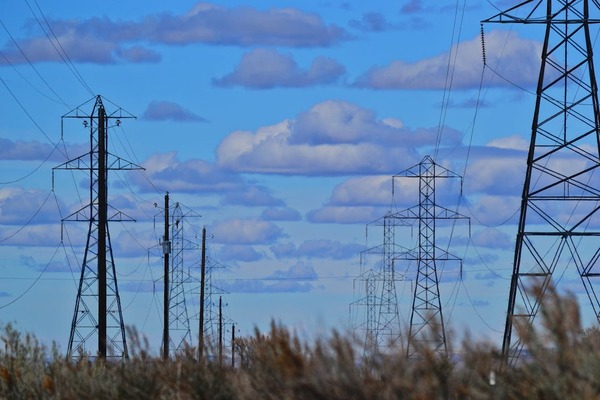The Iraqi Ministry of Electricity has signed agreements with Linxon to upgrade three 400 kV Bulk Supply Point (BSP) stations in Baghdad and Diyala, Iraq. These projects will be financed through SEK and EKN loans.
The Ministry confirmed the contracts on February 3, 2025. Riyad Uraibi Muklf, representing Iraq’s General Company for Electrical Energy Transmission in the Middle Region, signed the agreements. Linxon was represented by Hassan Merhi, the company’s Managing Director for the Middle East and Asia Pacific.
The work will focus on the North Baghdad, South Baghdad, and Diyala 400 kV BSP stations. Planned upgrades include replacing electrical components, improving protection and control systems, and strengthening station infrastructure. These changes are expected to support Iraq’s power transmission network.
Iraq is developing renewable energy projects to diversify its power supply. A 1 GW solar farm by TotalEnergies is planned in southern Iraq to integrate solar energy into the national grid. Masdar is building multiple solar plants with a total capacity of 2 GW, with construction starting in 2024. In the Kurdistan region, wind energy potential is being studied in Erbil and Dohuk for future wind farms. Dhi Qar has launched a small-scale solar initiative to power government buildings.
Iraq has set targets to increase renewable energy capacity as part of its long-term energy strategy. The government aims to generate at least 30% of its electricity from renewable sources by 2030. Additional solar and wind projects are being considered in regions with high renewable energy potential. Iraq has also signed agreements with international energy firms to develop large-scale solar parks. Independent power producers (IPPs) are being encouraged to invest in renewable projects through government-backed incentives.
These projects aim to increase renewable energy use and reduce reliance on fossil fuels.


